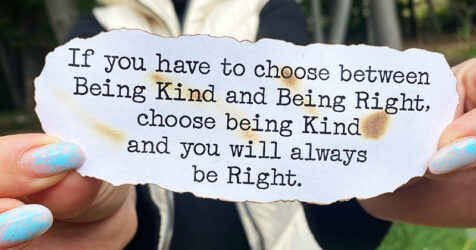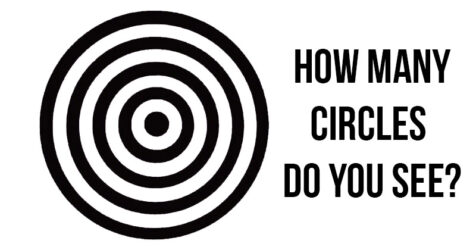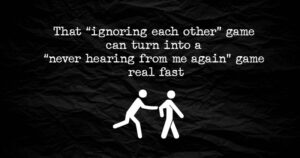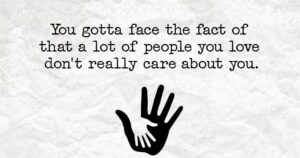Here are reasons why you should never judge people by their past
We all make different judgments – it could be about companies, events, situations, or, most times, people. The yardstick with which we judge others depends on a few factors, including the beliefs that were sown in us, how our parents raised us, the perspectives as well as the conclusions that we gathered via the experiences of our life, our observations of the people around us, the influence of the people whom we tend to consider as our mentor and so on.
“Never judge people by their past. People learn. People change. People move on.”
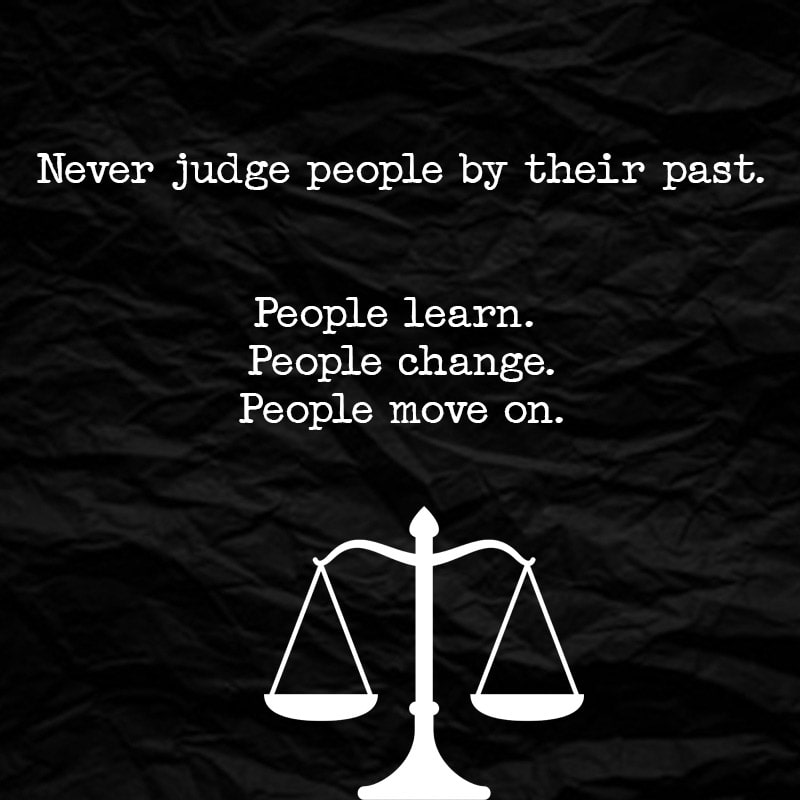
While it’s true that making judgments might be helpful if we make the right intent, for instance, it could be in the interest of protecting ourselves. The line that lies therein is what we need to look out for at the end. Are we repeatedly jumping to early conclusions? Well, here are some bases of judgments:
- Lifestyle
- Behavior
- Appearances or looks
- Past events
- Choice of clothes
- Attitudes
- Habits
- Work Performance and many others…
Before we dive into how we should deal with that, first, let’s understand the scenarios in which it might be prevalent:
- Relationship
When someone is getting into a relationship with someone else, we would certainly lookout for the perfect match. However, the events of the past tend to matter in this case. And if the other person hasn’t had a good past, or some types of mistakes were made, the moment of dealing with those is where the perspectives and maturity get tested.
- Parenthood
As parents, consciously or subconsciously, they tend to judge their abilities and the weakness of their children. As humans, however, we are often scared of the unknown, and we crave a conclusion as to what the result will be. Ever heard some parents say things like, “you won’t become anything in your life?” However, kids too grow through their experiences as well. They can evolve through their failures and successes. The problem starts when the parents aren’t willing to accept these changes as they tend to see it as a huge deviation from what they believe to be.
- Friendship
Similar to relationships, even when we are searching for people with similar minds – people we can call friends, we tend to solely rely on our instinct if it would be the right thing to do. We look out for similarities in values, a match in the frequency of thoughts, amongst other things.
Conclusion
At the end of it all, we have to be compassionate and understanding. And if a person has shared moments with you, all they need is for you to be understanding. It would help if you never looked down upon them because of their mistakes, negative incidents and understood that whatever had happened would be for a reason, and they are not to be blamed for that. So, give a chance to the other person to explain what the lessons from that scenario were.


